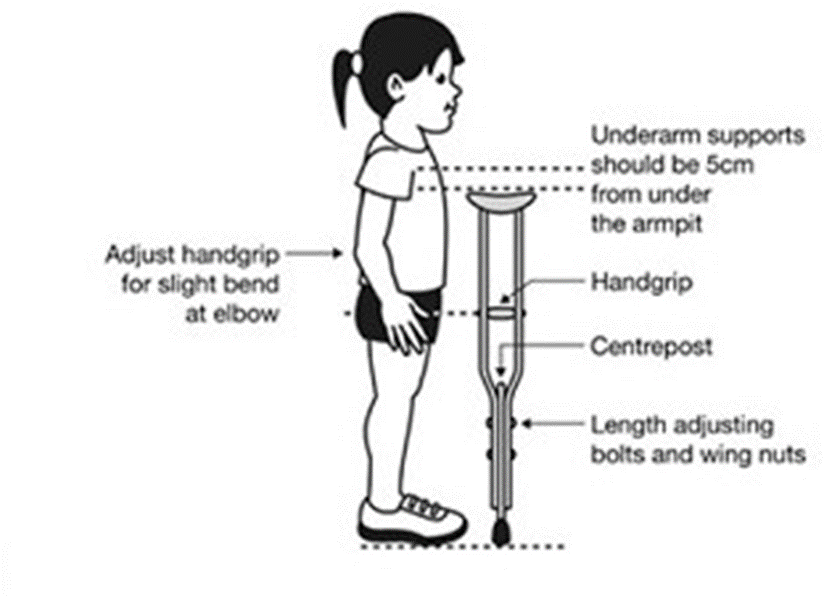A hospice nurse is caring for a client who is near the end of life and has noisy breathing. Which of the following actions should the nurse take?
Use oropharyngeal suctioning PRN.
Turn the client every 2 hours.
Administer an antiemetic.
Insert an indwelling urinary catheter.
The Correct Answer is B
Choice A reason: Oropharyngeal suctioning may be necessary if secretions are causing distress, but it can also be uncomfortable and should be used cautiously.
Choice B reason: Turning the client can help manage noisy breathing by allowing secretions to drain and is a non- invasive comfort measure.
Choice C reason: Antiemetics are used to manage nausea and vomiting, not noisy breathing.
Choice D reason: An indwelling urinary catheter may be considered for comfort if the client cannot use the bathroom, but it does not address noisy breathing.
Nursing Test Bank
Naxlex Comprehensive Predictor Exams
Related Questions
Correct Answer is ["B","D","E","J"]
Explanation
Choice A - Shower: The presence of a walk-in shower with a shower chair suggests that the client's needs have been considered, and this setup should not present complications.
Choice B - Flooring: The highly polished wood floors are a significant risk for slipping, especially for someone recovering from knee surgery. This type of flooring can be very slippery, particularly if the client is using assistive devices like crutches or a walker.
Choice C - Home Entrance: The front entrance has two steps, but a ramp has been added, and there is sufficient lighting. This adaptation should make the entrance safe for the client.
Choice D - Inside Walking Pathway: The living room's excessive furniture creating narrow pathways can be problematic for the client's mobility and increases the risk of falls or bumping into furniture, which can be dangerous post-surgery.
Choice E - Rugs: Non-secure rugs throughout the house are a tripping hazard. They can easily cause the client to slip or trip, leading to falls.
Choice F - Inside Lighting: The presence of night lights in the hallway and bathroom suggests that inside lighting is adequate and should not present complications.
Choice G - Home Assistance: The client lives with an adult child who is retired, which implies that there is some level
of home assistance available.
Choice H - Toilet: The toilet is elevated, which is beneficial for someone with knee issues as it reduces the strain on the knees when sitting down or standing up.
Choice I - Bedroom Location: The client’s bedroom being on the first floor is advantageous as it eliminates the need to climb stairs.
Choice J - Handrails: The absence of handrails in the bathroom is a safety concern. Handrails provide support and stability, which are crucial for preventing falls in the bathroom, especially post knee surgery.
Correct Answer is C
Explanation
Choice A reason: Leather-soled shoes can be slippery and are not recommended for use with crutches.
Choice B reason: Leaning forward can cause imbalance and is not a safe practice while using crutches.
Choice C reason: Wiping the rubber crutch tips to remove moisture is important to prevent slipping and ensure safety.
Choice D reason: Supporting body weight on the axillae can cause nerve damage; weight should be supported by the hands.

Whether you are a student looking to ace your exams or a practicing nurse seeking to enhance your expertise , our nursing education contents will empower you with the confidence and competence to make a difference in the lives of patients and become a respected leader in the healthcare field.
Visit Naxlex, invest in your future and unlock endless possibilities with our unparalleled nursing education contents today
Report Wrong Answer on the Current Question
Do you disagree with the answer? If yes, what is your expected answer? Explain.
Kindly be descriptive with the issue you are facing.
